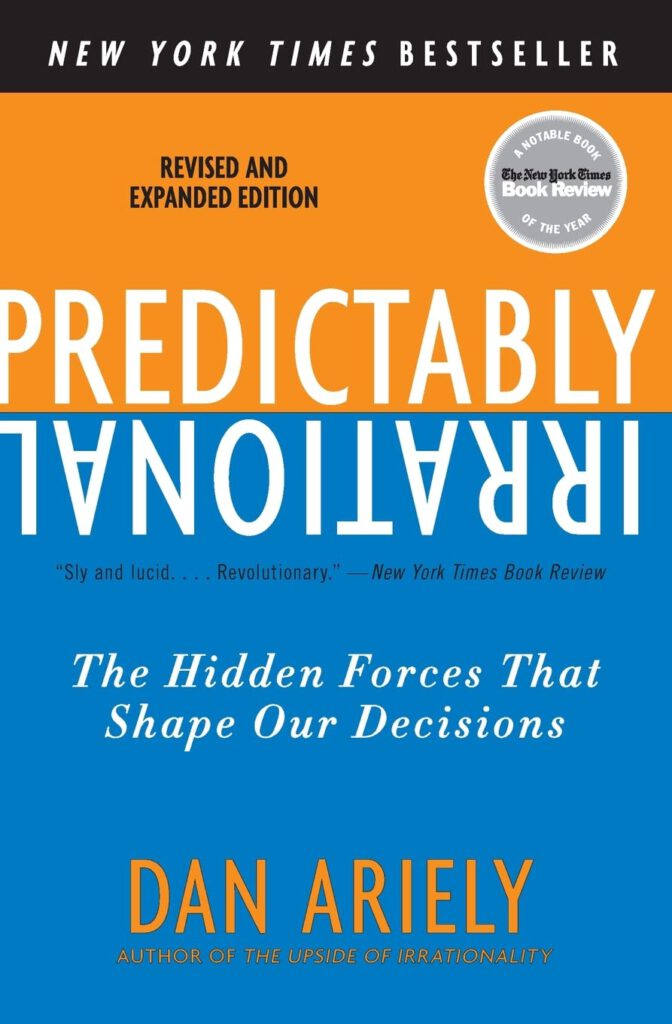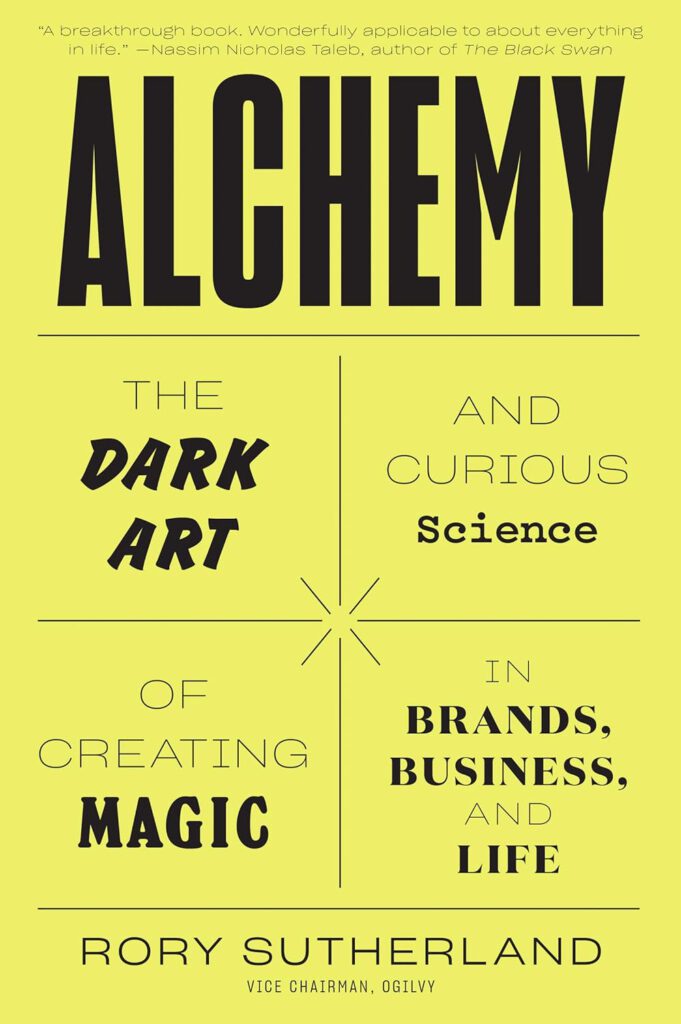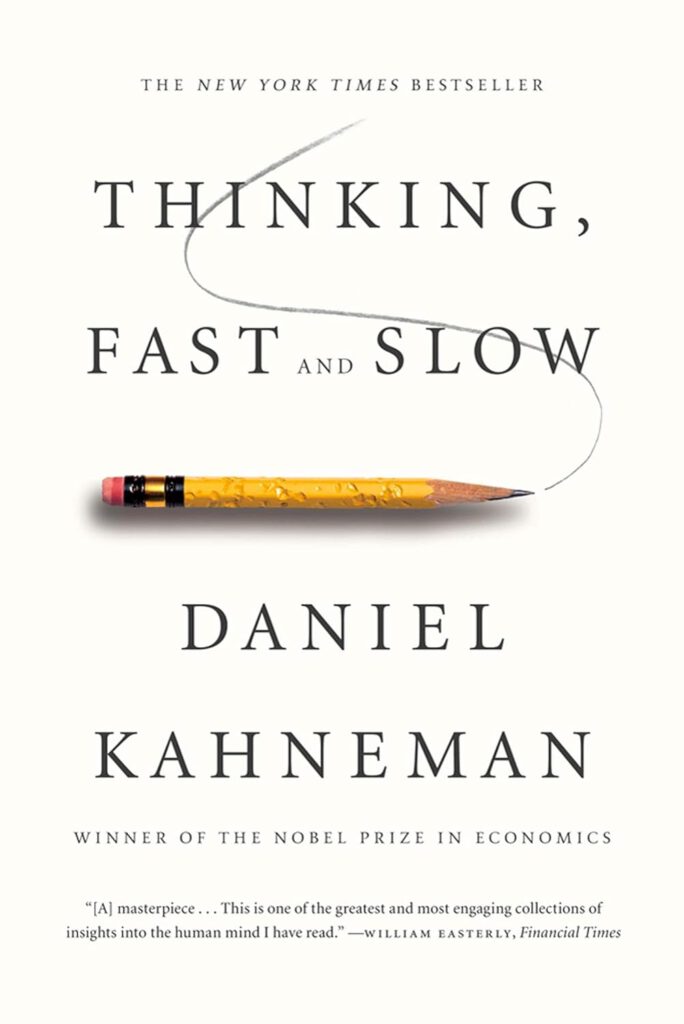Irrational Humans
Behavioral economics, a field merging insights from psychology and economics, explores how emotional, cognitive, and social factors affect people’s economic decisions. Understanding these principles can significantly enhance marketing and pricing strategies, leading businesses towards more effective customer engagement and increased profitability.
Key Principles of Behavioral Economics in Marketing
- Anchoring: This principle suggests that people rely heavily on the first piece of information offered (the “anchor”) when making decisions. In marketing, this can be used by setting a reference price or a suggested retail price, influencing customers’ perception of value. For example, displaying a higher original price next to a sale price can make the discount appear more substantial, encouraging purchases.
- Loss Aversion: People tend to prefer avoiding losses to acquiring equivalent gains. Marketers can leverage this by emphasizing what consumers will lose by not using a product or service rather than what they will gain. Free trials and money-back guarantees can also mitigate the fear of loss, encouraging trial and purchase.
- Social Proof: This concept illustrates that people follow the actions of others. By showcasing testimonials, reviews, and widespread usage of a product, businesses can increase consumers’ likelihood of purchase. Books like “Influence: The Psychology of Persuasion” by Robert Cialdini delve deeply into this principle.
- Scarcity: The principle of scarcity indicates that people place higher value on items that are perceived as being scarce. Marketers can use this by offering limited-time deals or highlighting limited stock to encourage faster decision-making.
Applying Behavioral Economics to Pricing Strategies
- Decoy Pricing: This strategy involves offering a third, less attractive option to make one of the other two options more appealing. This can effectively steer customers towards the more profitable option. Dan Ariely’s “Predictably Irrational” provides compelling insights into how decoy pricing can influence consumer choices.
- Partitioned Pricing: Instead of presenting a total price, breaking down the price into smaller components can make the cost seem more manageable. This approach can reduce the pain of paying, a concept explored in depth in the book “Misbehaving: The Making of Behavioral Economics” by Richard Thaler.
- Price Endings: The use of price endings, such as .99 or .95, can psychologically impact consumers’ perception of the price, making it seem lower than it actually is. This pricing strategy plays into the left-digit effect, where consumers focus more on the leftmost digit of a price.
Integrating Behavioral Economics into Marketing Campaigns
- Framing Effect: The way information is presented (framed) significantly impacts decision-making. Marketers can frame their messaging to highlight the benefits of a product or service or the potential loss of not availing it. The framing should align with the target audience’s values and preferences.
- Choice Architecture: By structuring the choice in a certain way, businesses can guide consumers towards a desired action without eliminating freedom of choice. This involves the strategic placement of products, simplifying choices, or setting defaults.
- Nudging: Small suggestions and positive reinforcements, or ‘nudges’, can lead consumers towards certain behaviors. This concept is central to “Nudge: Improving Decisions About Health, Wealth, and Happiness” by Richard H. Thaler and Cass R. Sunstein. Implementing nudges in marketing can guide customers towards making beneficial decisions, such as subscribing to a newsletter or choosing eco-friendly products.
Conclusion
Incorporating principles of behavioral economics into marketing and pricing strategies allows businesses to better understand and influence consumer behavior. By recognizing the psychological underpinnings of consumer decisions, marketers can craft more effective, engaging, and persuasive campaigns. Major books and studies in the field, such as those by Thaler, Ariely, and Cialdini, provide valuable insights and practical applications of these principles, empowering businesses to achieve greater success in their marketing endeavors.
Through strategic application of behavioral economics, businesses can create a more compelling, customer-focused marketing
Related Resources:

Predictably Irrational wastes no time in getting straight to it with examples and case studies of unintuitive things working.

Alchemy is a great book that dives into examples of the unintuitive realty of great advertising.

This is the cornerstone to all behavioral marketing. It is a little more academic, but worth it.

